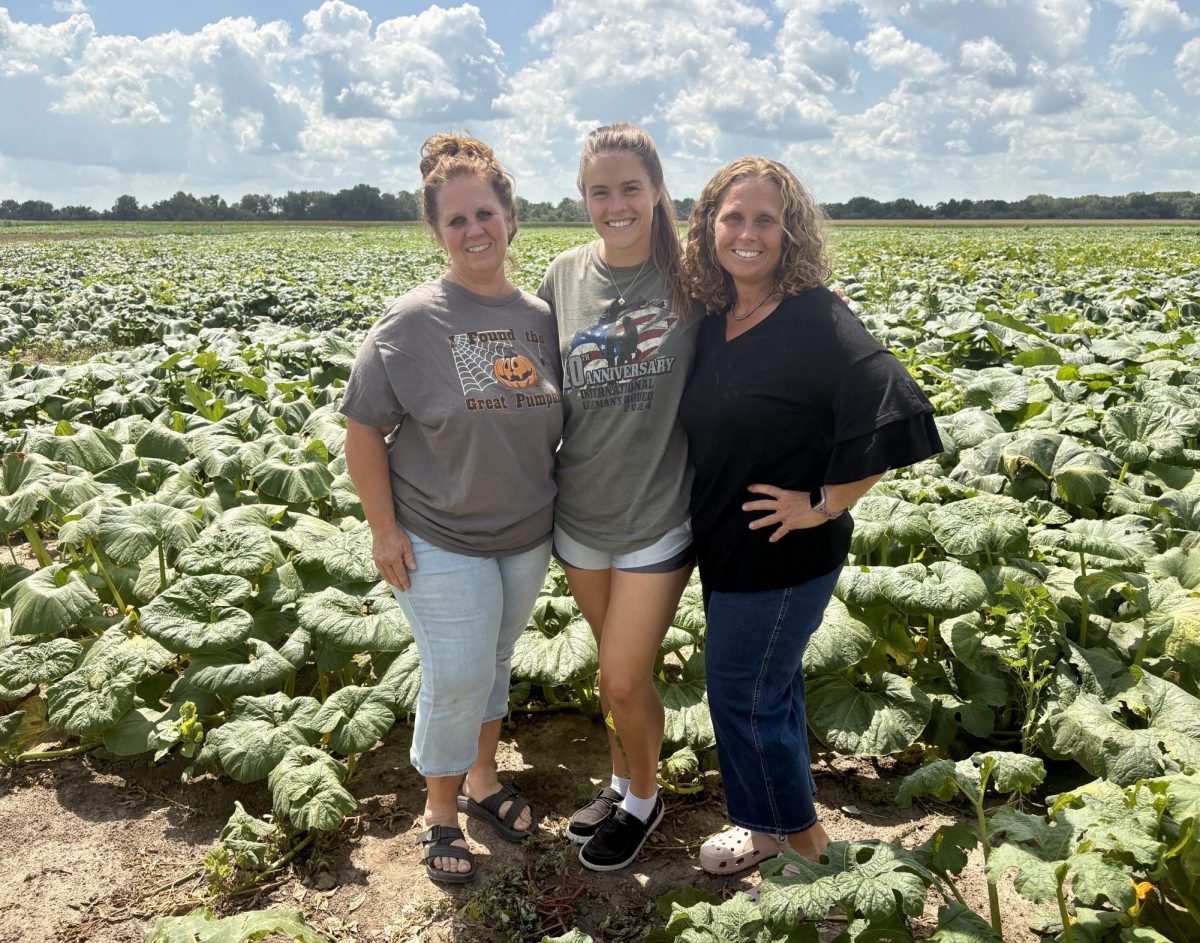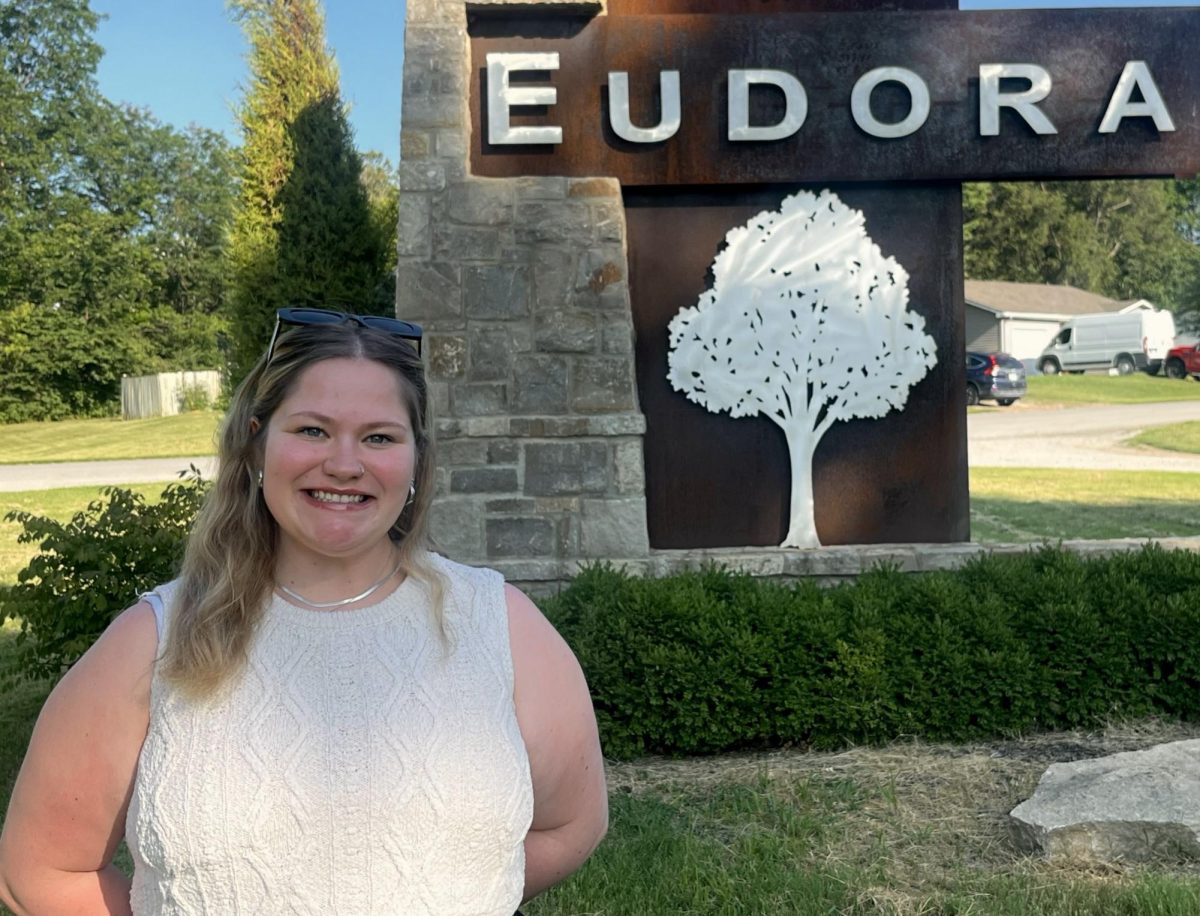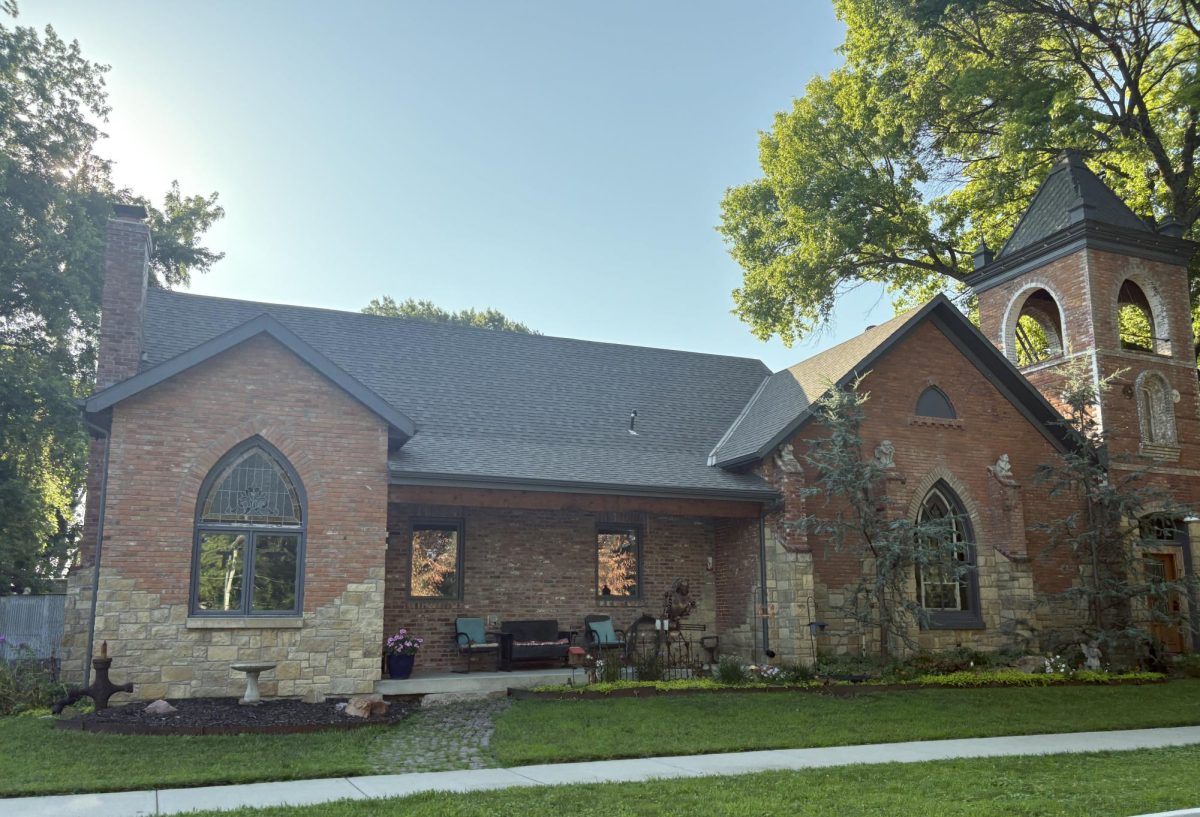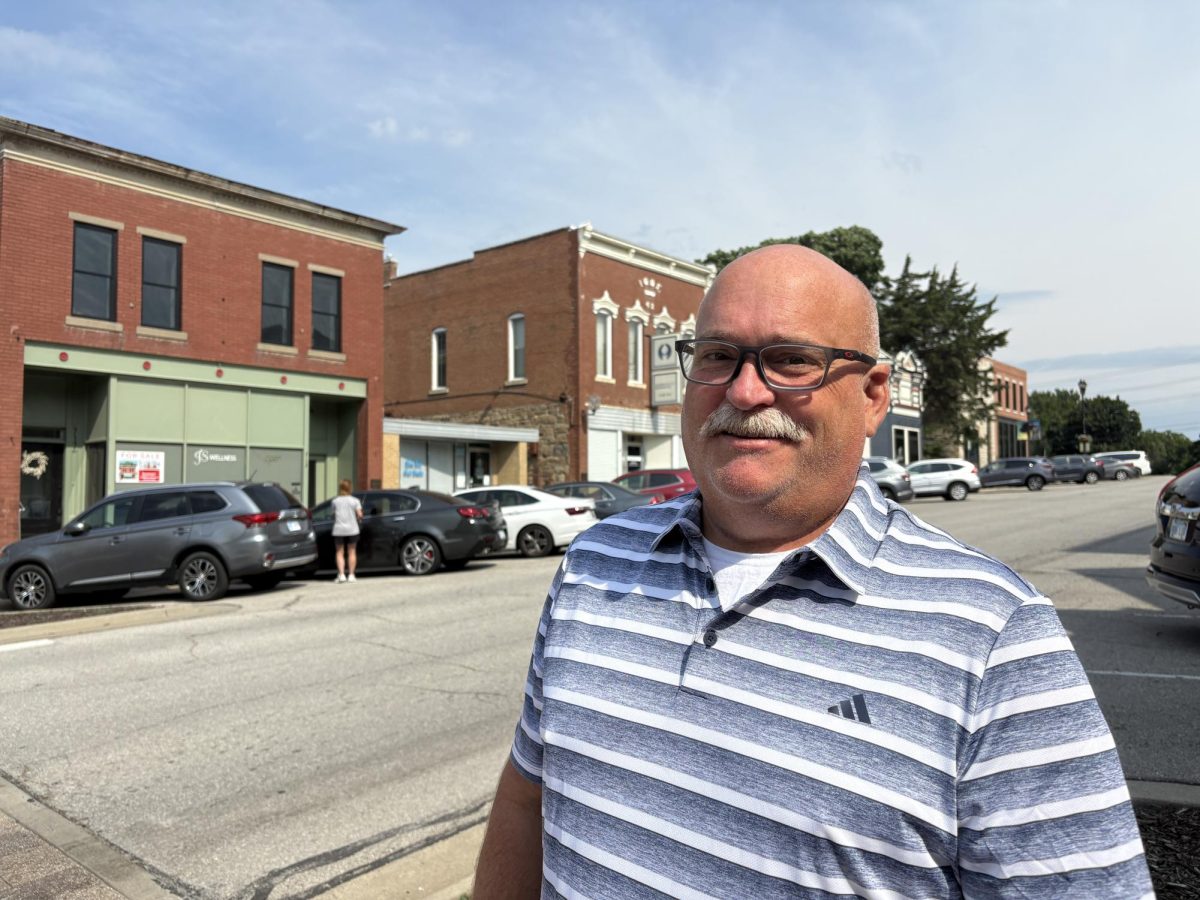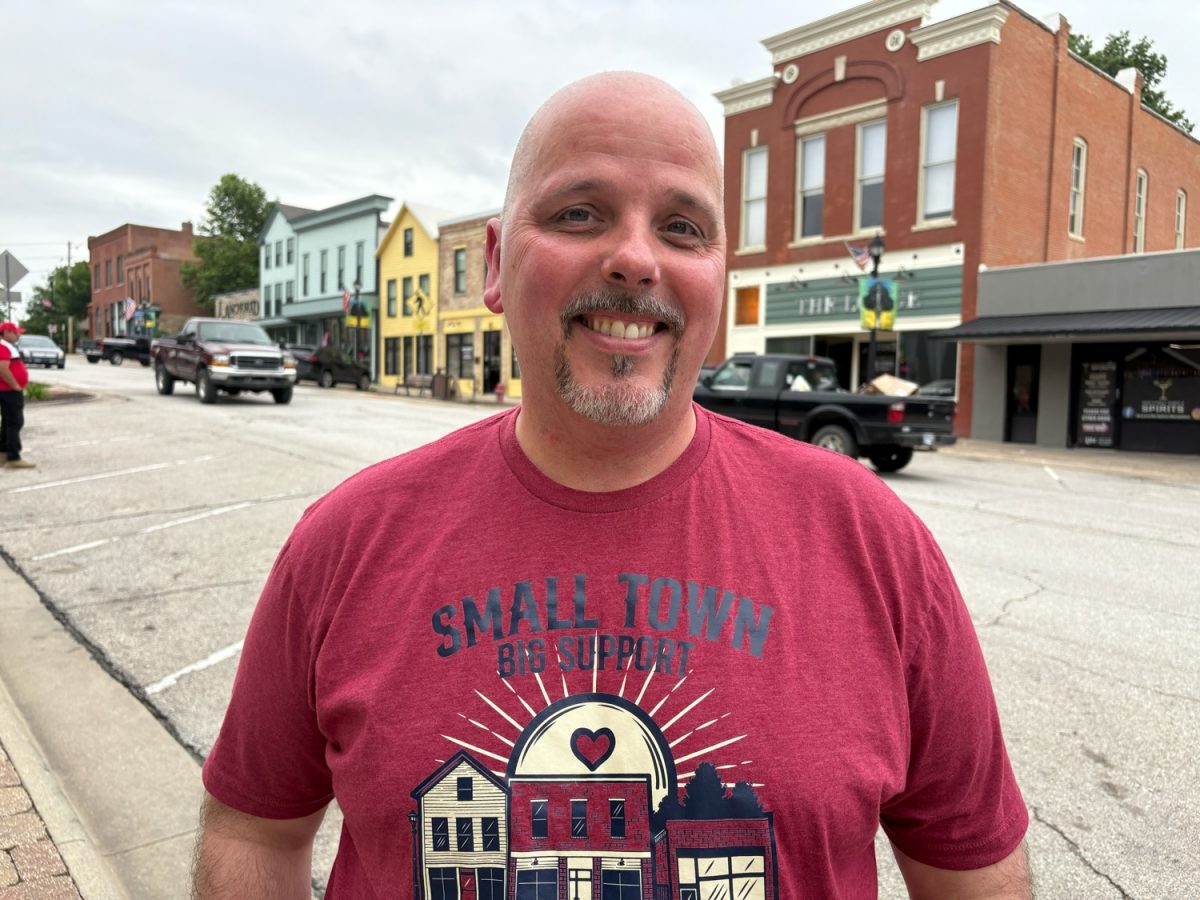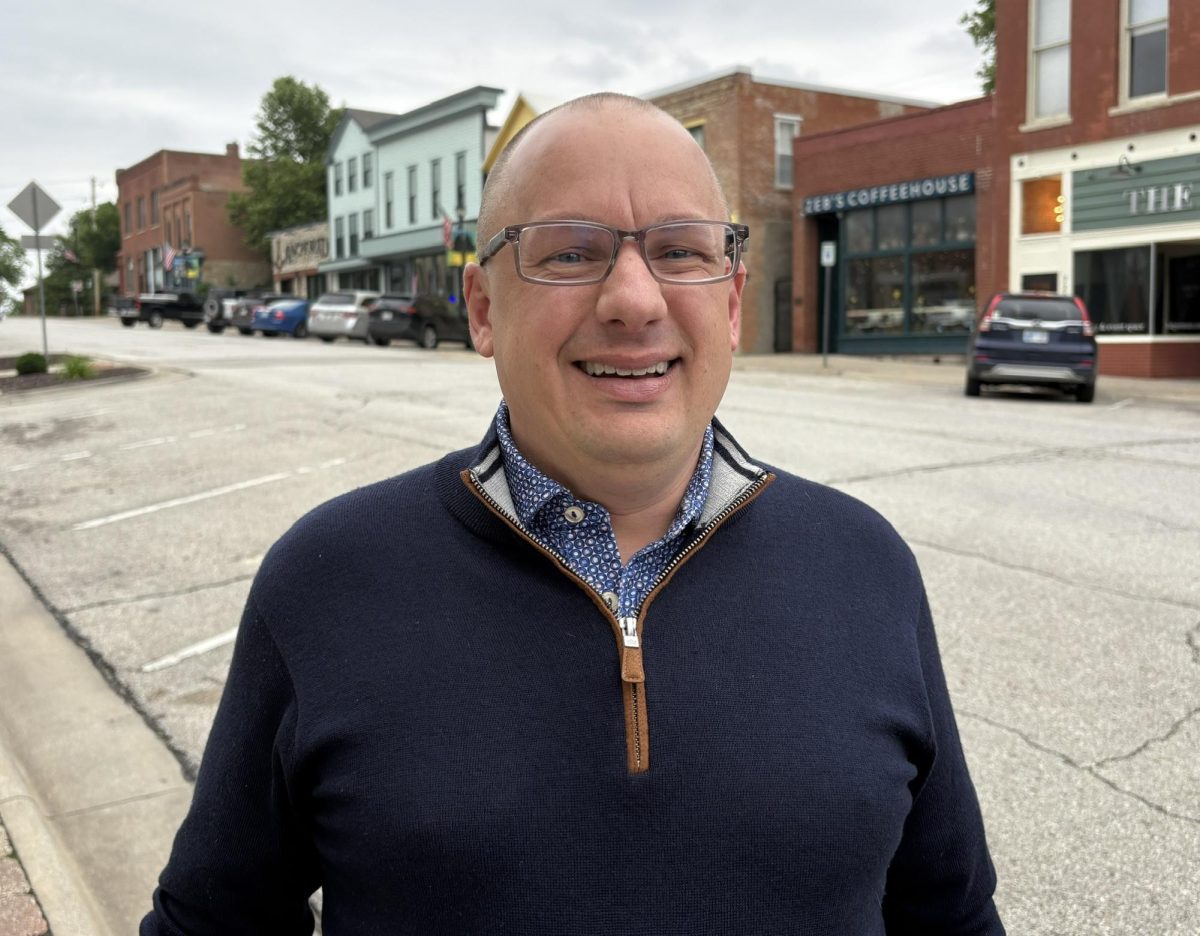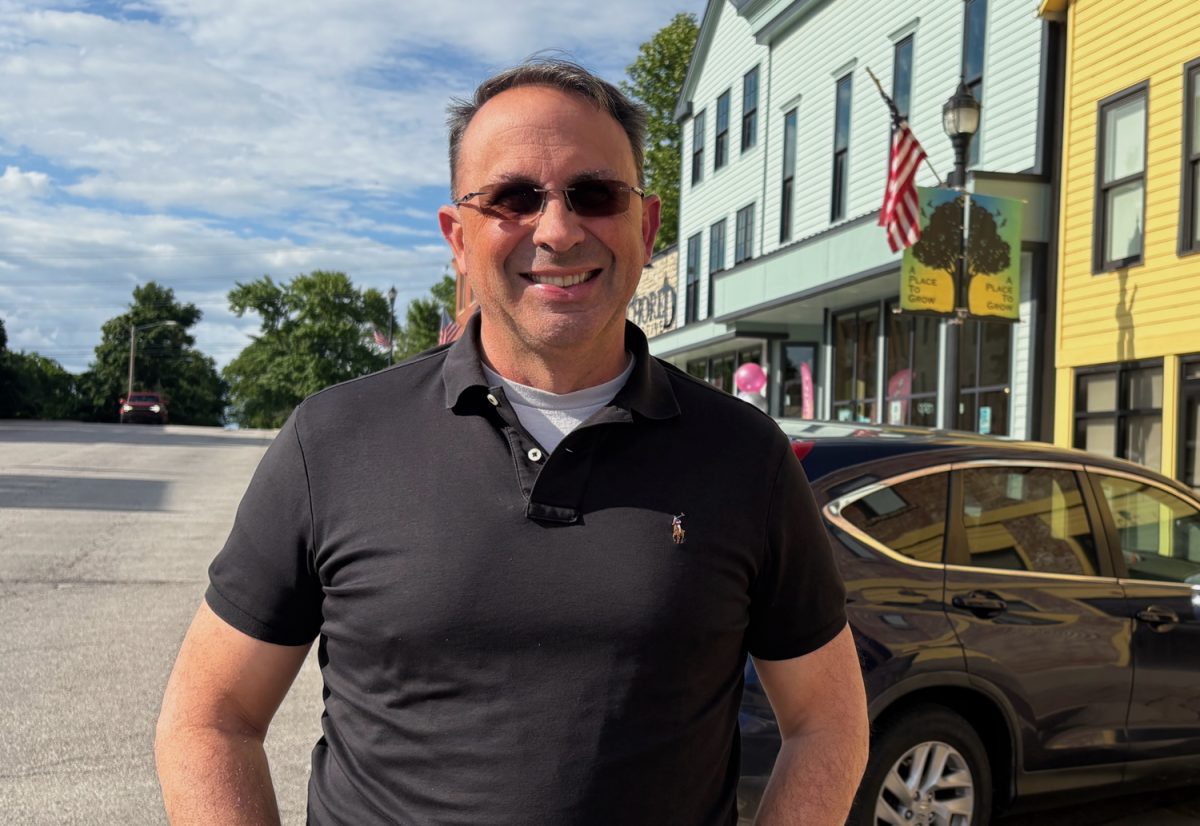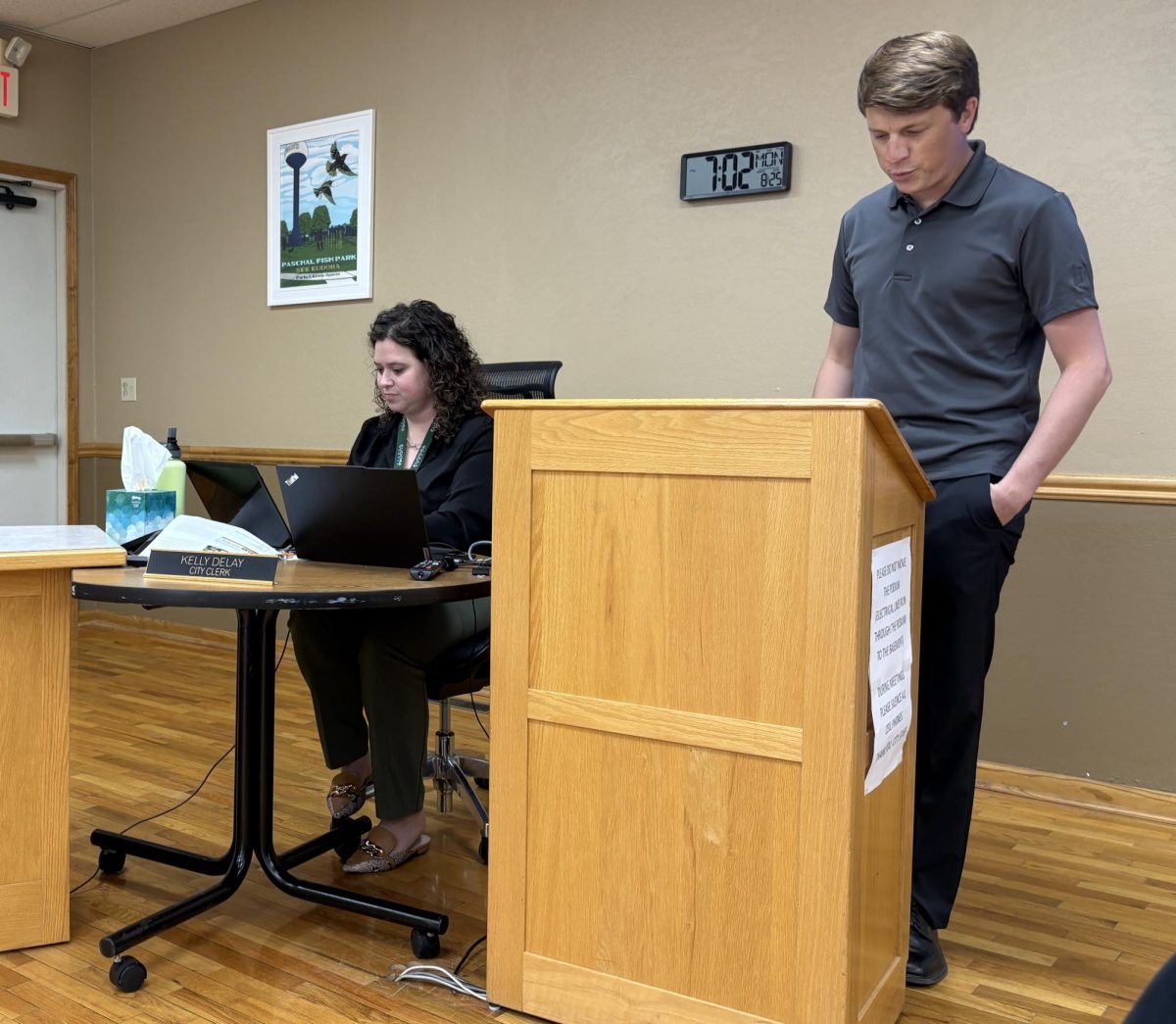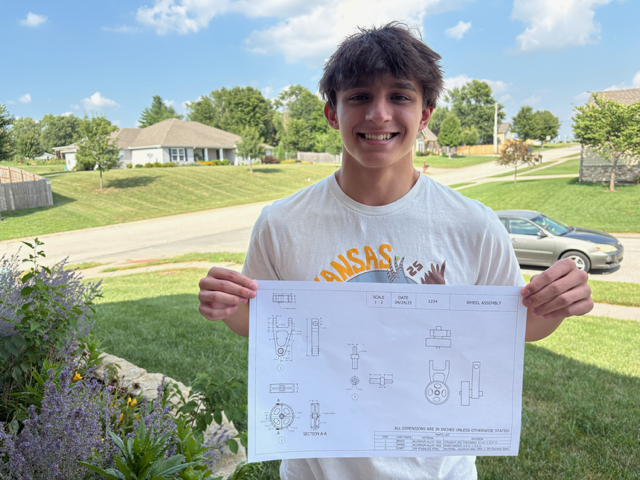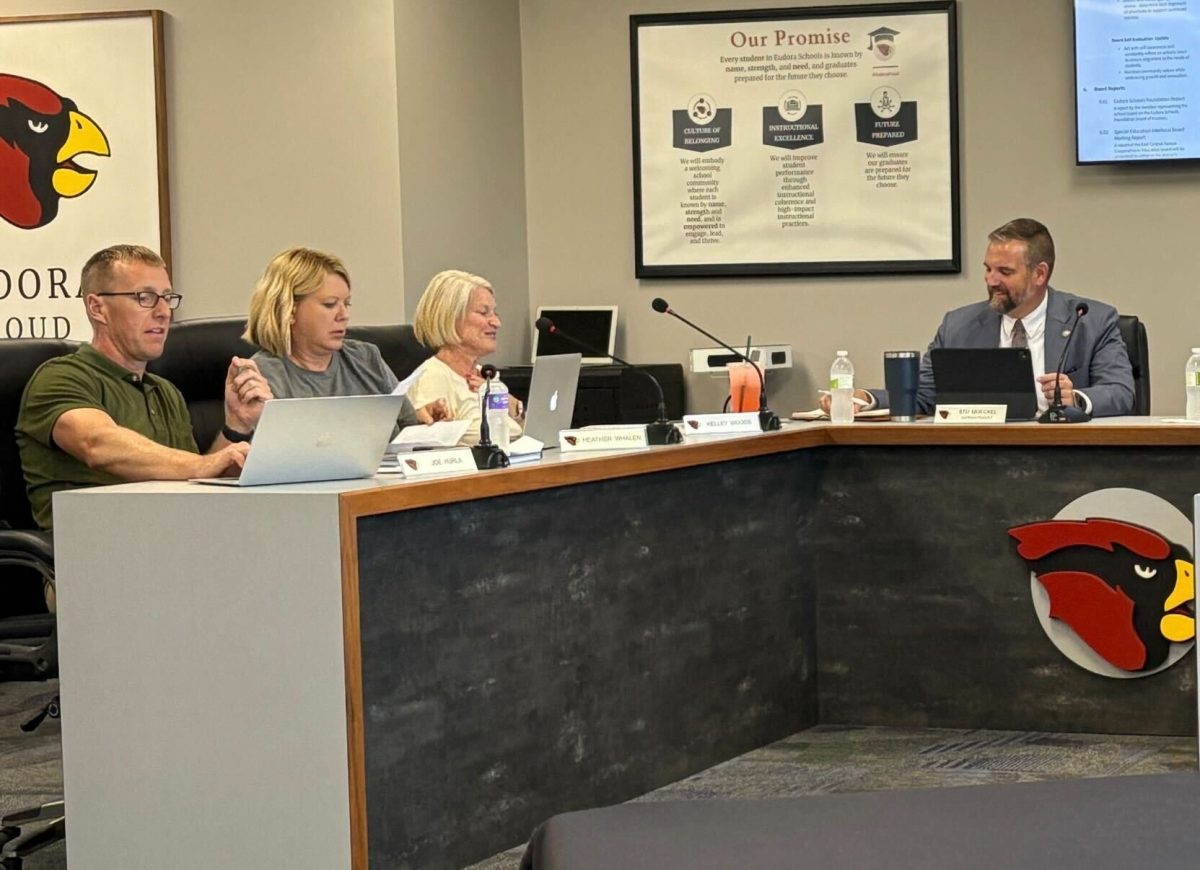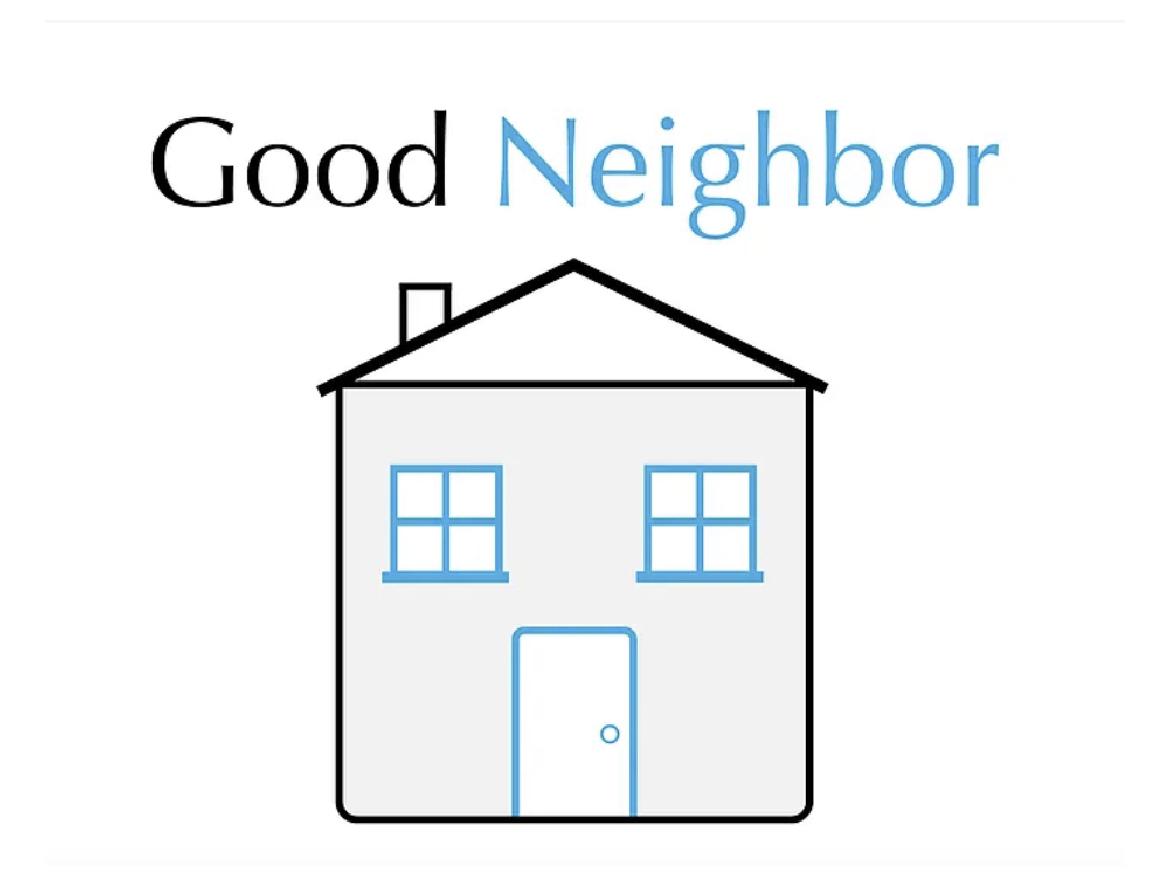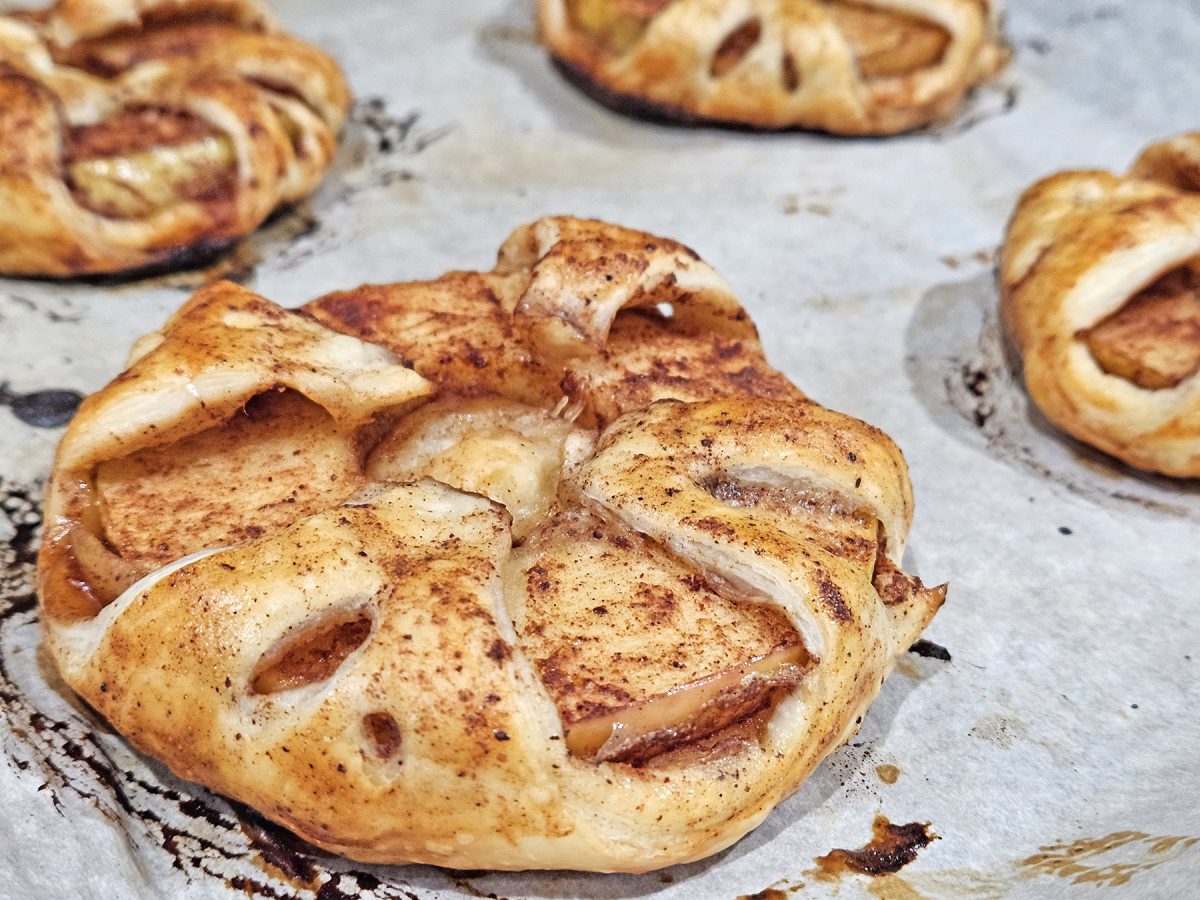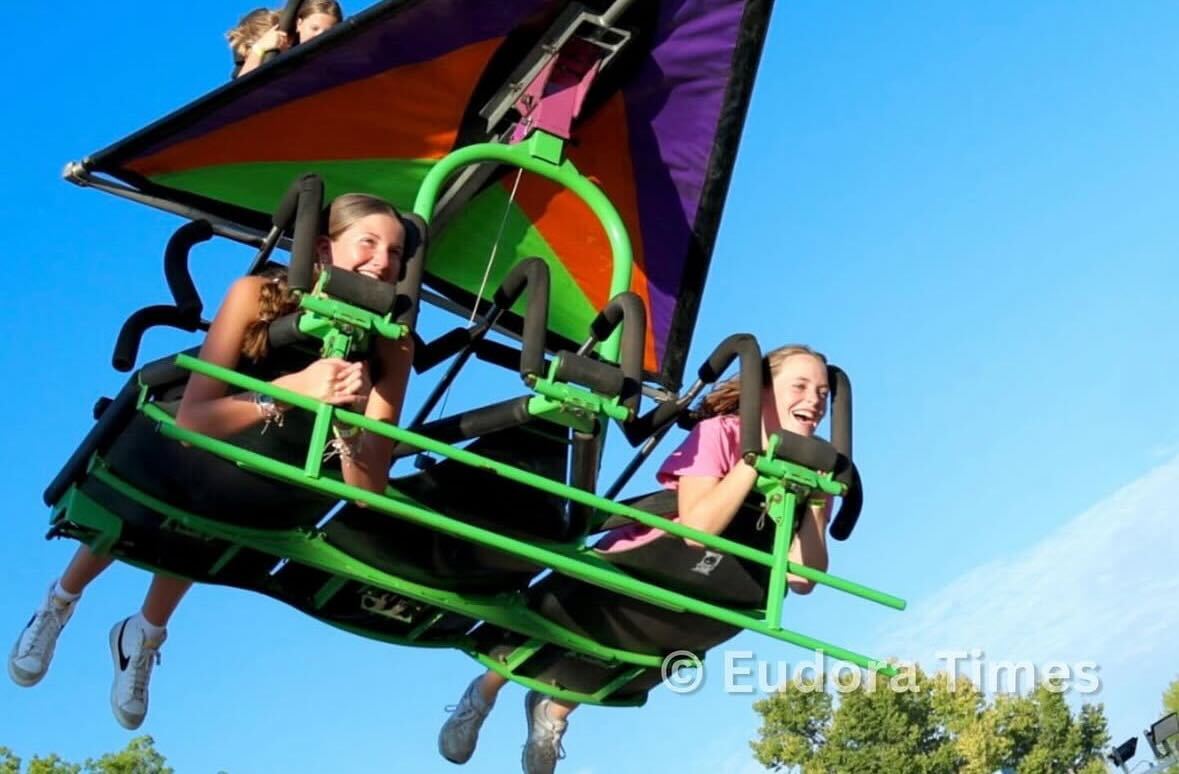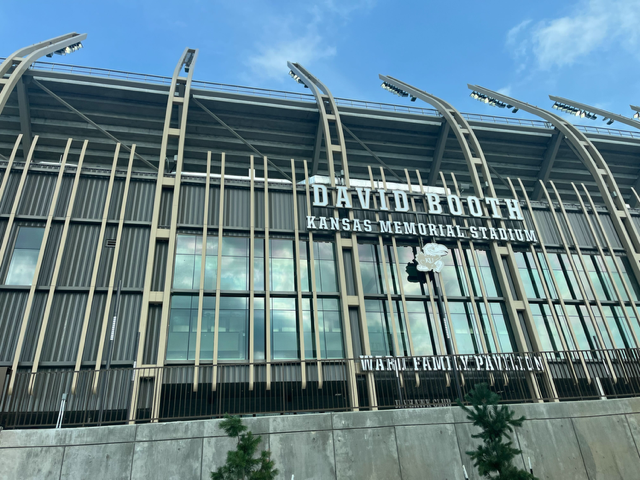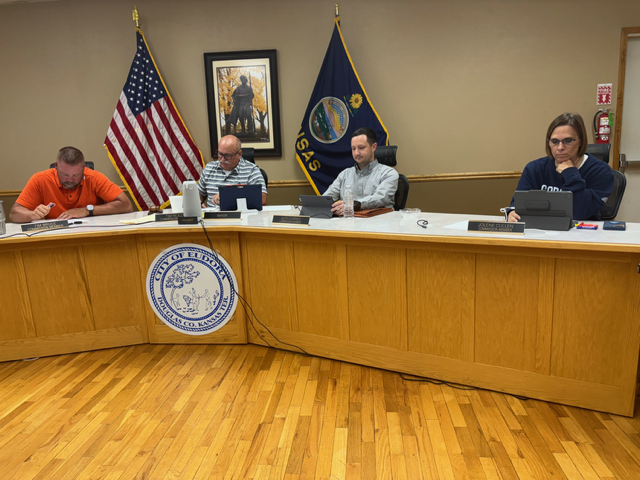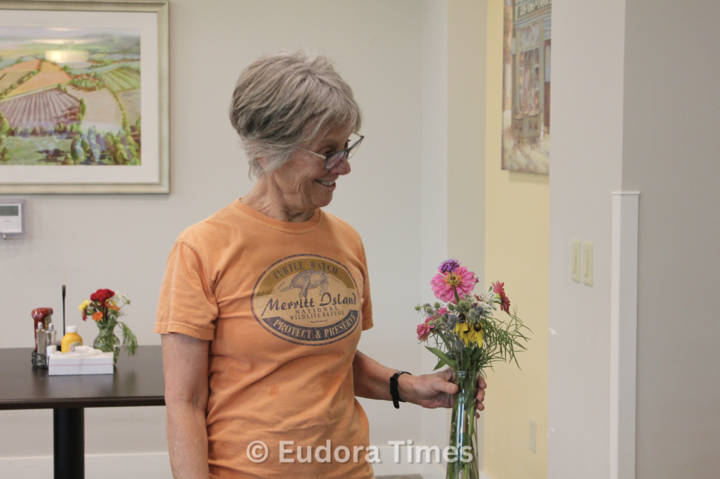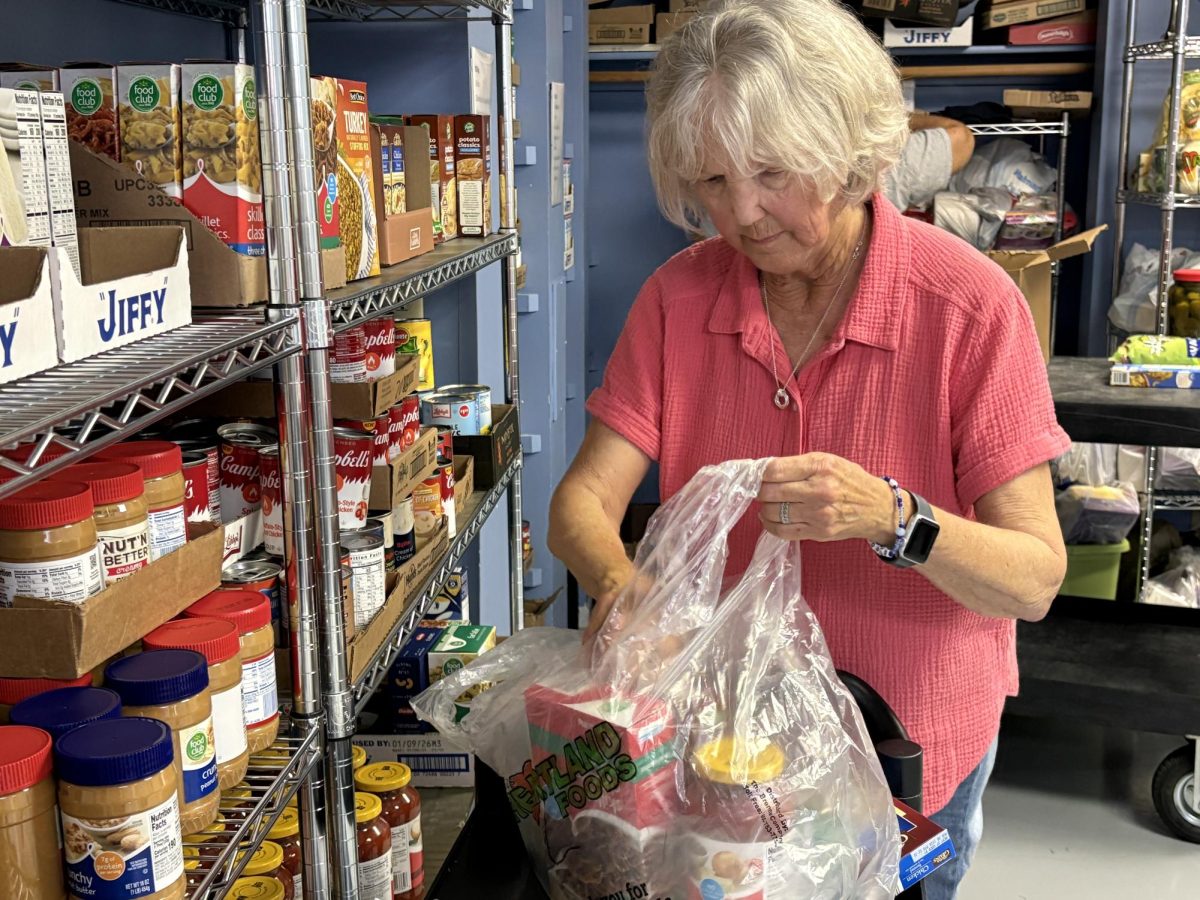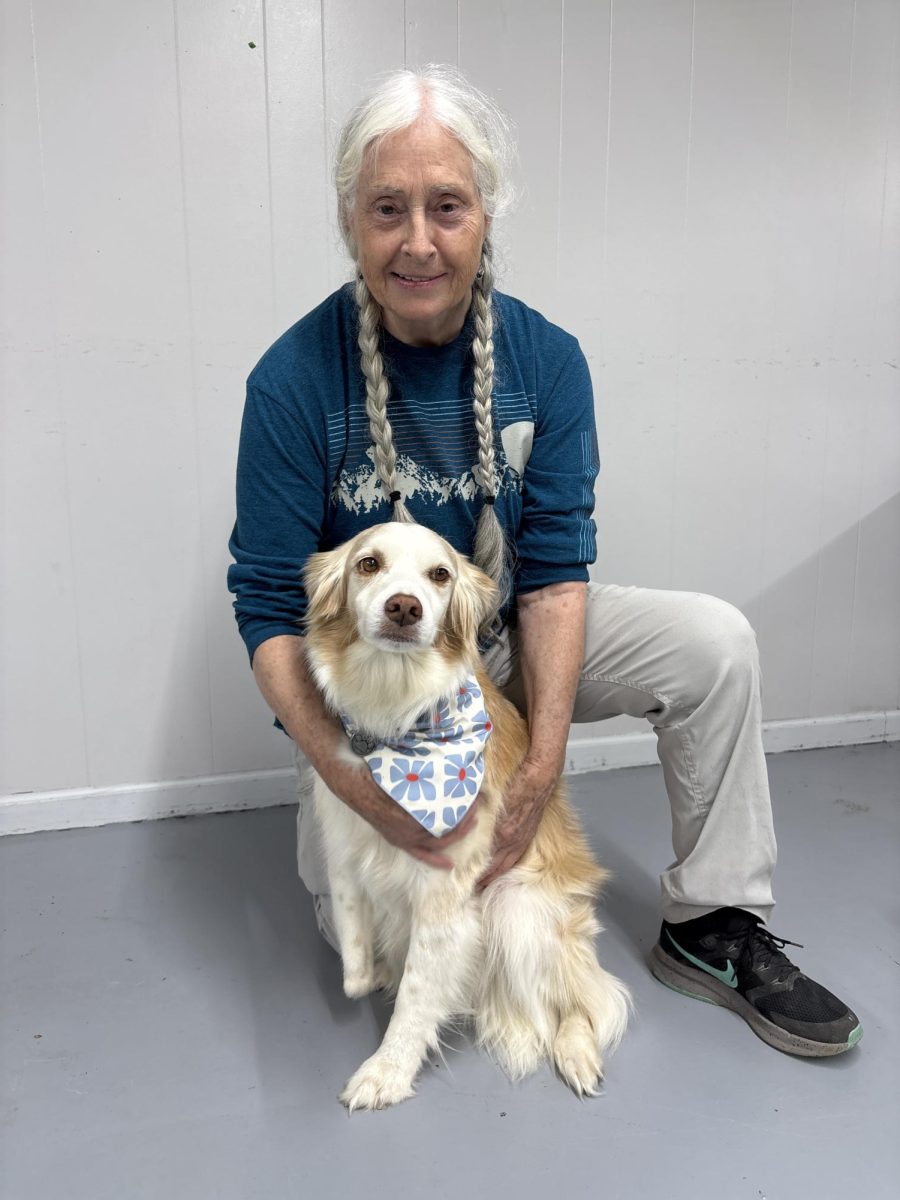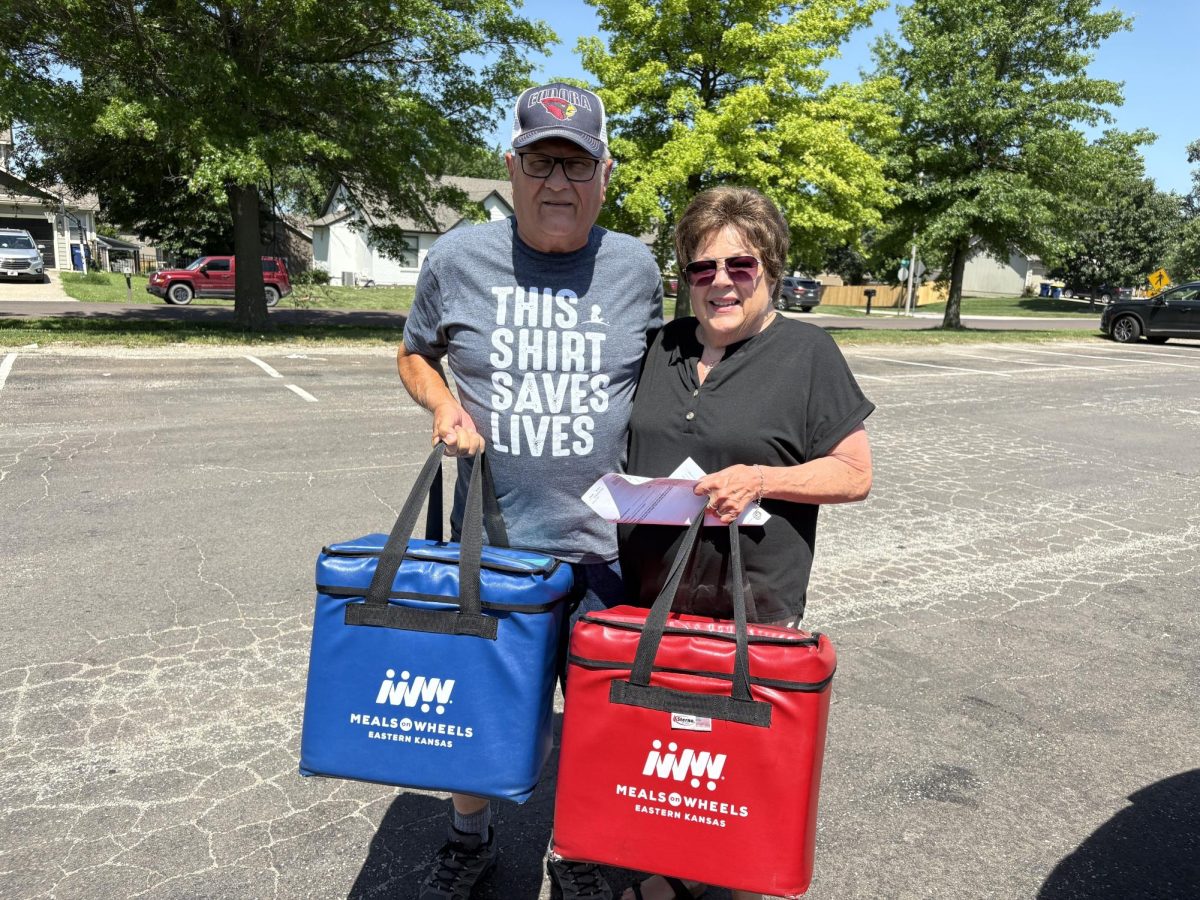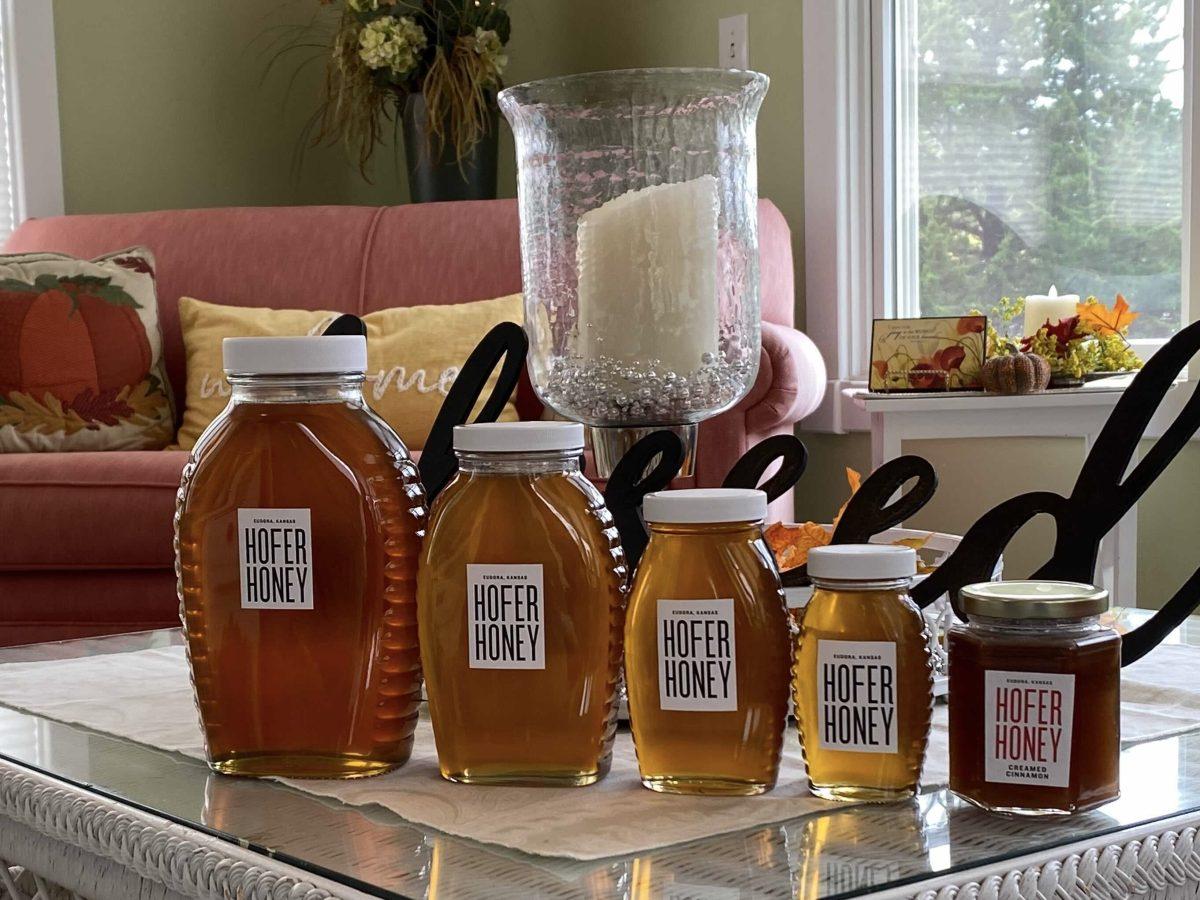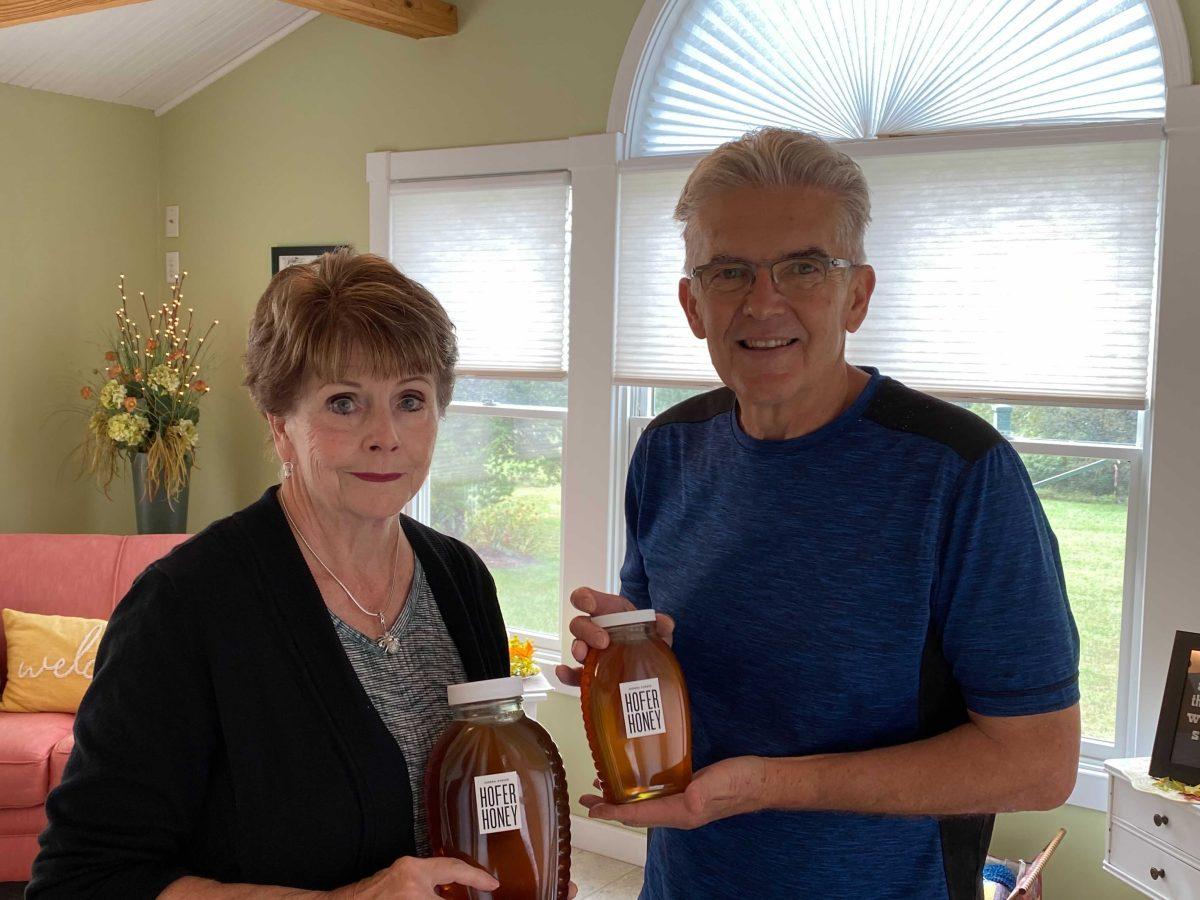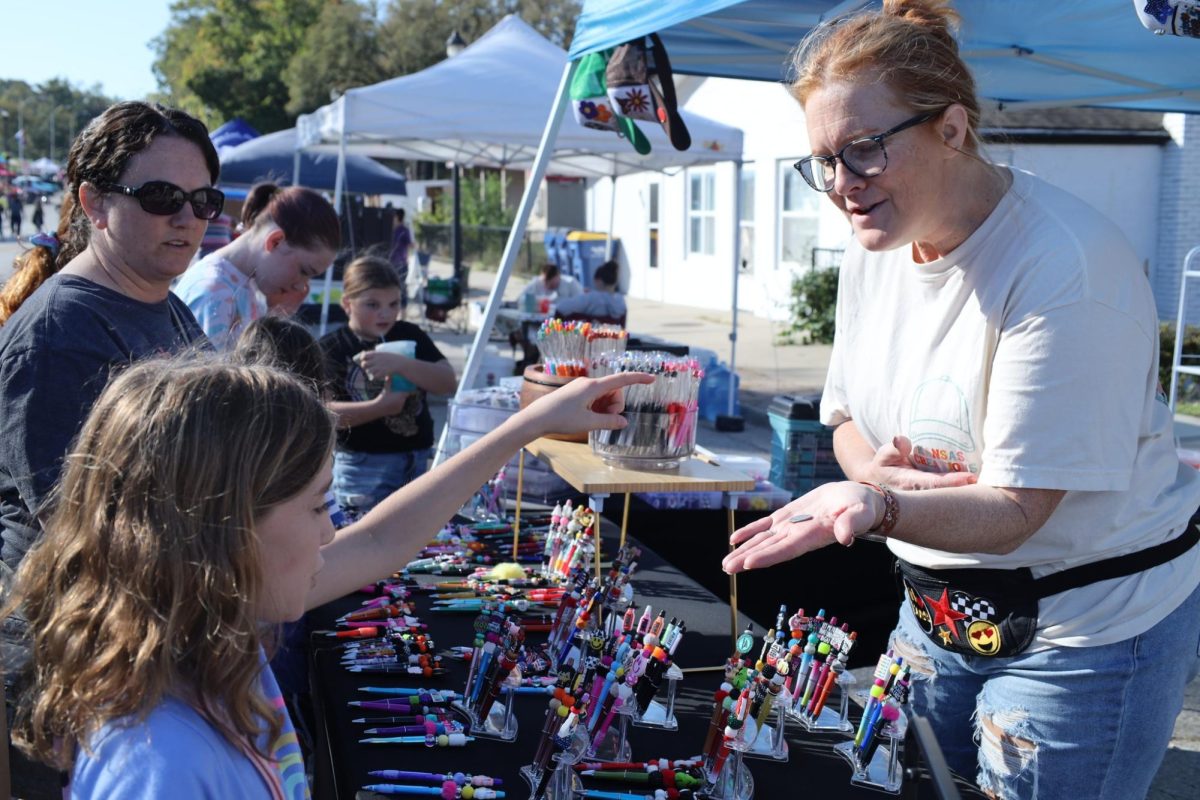Dale and Vicky Hofer are surrounded by half a million Italian honey bees in their backyard but getting stung is the least of their concerns.
Instead, the real goal for these two beekeepers is to show others the value of bees in our world and how sweet their work can be.
The couple is just finishing up the latest harvest from their beehives, collecting more than 500 pounds of honey. The hot summer months this year have been beneficial to the harvest. The bees are especially more active in the heat, giving Dale and Vicky a lot more work cut out for them this year.
Last year, the Hofers extracted only 250 pounds, meaning there is more honey to go around.
On sunny days, the two of them both suit up in their safety equipment, check if the hives need food and make sure the colonies are healthy so that the queens can reproduce the next brood of workers.
While Dale was the one to incorporate this passion into their lives, Vicky is ready to suit up beside him and work together to help the bees create pure honey. That purity is essential to the couple, communicating the significance of the vitamins and enzymes that their honey has over honey you’d see on a store shelf.
After they finish casing the honey in jars, they will soon prepare to maintain the hives during the fall and winter seasons, ensuring their unique passion lasts all year round.
“If you are going to consume honey, it should be local honey,” Dale said.
How bees came into their lives
Both beekeepers were teachers in Eudora. Dale, 72, was a woodshop teacher for 30 years. Vicky, 70, taught third-graders for 32 years and mentored new teachers for six additional years.
Always intrigued by the concept of beekeeping, Dale was on a program for his church’s Mennonite teachers abroad trip to Africa. In 1972, he was a volunteer teacher in Nigeria, where he saw locals working with bees and extracting honey from hives.
“I became interested, so when I got back to the States, I started to keep a hive or two, and it was a good experience. I learned a lot,” he said.
After their retirement, the couple reintroduced bees into everyday life.
“He [Dale] is a man of many interests, so when he came home with the idea of beekeeping, I was fully supportive. That’s what you are supposed to do,” Vicky said.
Dale expresses the importance of bees in agriculture, from pollination of large-scale food supplies like fruits and vegetables to minor benefits of having hives in his backyard that keep his vegetable garden fresh all summer.
The honey flow takes place during the summer when nectar sources like flowers are blooming and ready to be pollinated.
“In the honey flow, I would say, in our area, it started with dandelions in the early spring collecting pollen and nectar and then progresses to the white clovers you see in your yard,” Dale said.
The two beekeepers don’t like to use chemicals when caring for their bees. This means the colonies are more healthy, but it leaves the door open for unwanted intruders. Small hive beetles are one of them. These beetles are native to parts of Africa but have migrated to parts of North America.
The Hofers have found that placing the hives in hot sunny areas will usually keep the beetles at bay to combat these intruders. The couple also uses tiny vegetable oil traps but are still adamant about not using pesticides when dealing with these insects.
With the cold weather around the corner, the couple does their best to maintain the safety of the beehives. When the wind starts to become too much for the hives, the couple sets up walls to protect them from colder temperatures and provides ventilation to keep the hives active.
Aside from blocking out the wind, the bees work together to keep the colony safe, making the Hofers’ lives a lot easier. The bees cluster in colder temperatures, clinging to each other and cycle positions so that the bees can live in more comfortable temperatures using body heat.
Dale and Vicky will periodically check in on the hives during the winter to feed them sugar water, but Dale said it is best not to disturb them because the cold temperatures make them more aggressive.
The tradition of Honey Day
The Hofers don’t keep the beekeeping process to themselves. Honey Day is a group activity that the couple usually hosts in August or September to share the beekeeping experience with their family.
This day is an opportunity to get together to extract the honey from the combs and jar it. A tradition for the family is always to have biscuits to enjoy with the honey.
Unfortunately, the pandemic has prevented the family from getting together in the past year. But now, the couple is focused on bringing that tradition back into their lives.
“We were talking to our two youngest grandsons, and they said that they didn’t remember Honey Day because we hadn’t done it for the past two years. So we said the family is doing it this year because we want to make sure it’s something they can remember,” Vicky said.
Although the day is meant to bring their family closer together, the process still requires much attention.
“You have to be careful what you are doing. Honey is a sticky business, and when you get it on your hand, you have to be neat and tidy with that part,” Dale said.
Delicious honey isn’t the only product to come out of their work. In addition to bottling up honey, the couple loves to make pure beeswax and turn it into lip gloss and lotions.
They are working on making fire starters as well. They don’t like to waste anything that comes from their bees and want to show their grandchildren how important and valuable bees are.
“A bee spends its entire life just to make one drop of honey. We try to give our kids facts like that, and now our grandsons will not waste a drop. They won’t leave anything on their plate,” Vicky said.
All that honey certainly is not wasted. The Hofers love to share their jars of honey with family and friends.
“We sell to anybody that wants it. We don’t go out and advertise, but we have people in our community that know. So they call and come to get it. It’s word of mouth,” Vicky said.
Helping other beekeepers get started
Dale Hofer is also glad to give advice and help other local beekeepers with their hives. In his early beekeeping days, he would see different beekeepers in his community and engage in conversation.
For the past five years, through word of mouth, he would be asked to assist in extracting honey from different hives and gathering wild bee hives from trees so that the colony could be later installed in hives under a beekeeper’s supervision.
“If you were to buy three pounds of bees and a queen, it would be easily $150. Initially, that’s all I did until I started catching swarms,” Dale said.
He was once part of the Northeastern Kansas Beekeepers Association but is no longer a member. He said he could maybe see himself rejoin, but beekeeping is a lot of work, and he said his time would be better spent helping others in the community and enjoying his time with his family.
That does not mean that there isn’t room in Dale and Vicky’s life to help others start their beekeeping ventures or raise awareness for the importance of preserving bees in our agriculture.
The Hofers have made educational videos to be shown to youth in local schools providing information about how bees pollinate flowers and food and show some of the tools used to extract honey from the hives.
To the Hofers this is more than just a hobby. It’s a passion to keep bees alive and secure a future for people everywhere. Most people might consider smashing a bee when they see it flying near them, and that is the mindset that Dale and Vicky want to help change.
“I’ve enjoyed helping others get started and enjoyed the rewards of beekeeping,” Dale said.
Reach reporter William Crow at [email protected].
To donate to support our community journalism, please go to this link: tinyurl.com/y4u7stxj
Vicky and Dale Hofer are finishing their latest harvest and are ready to share fresh, pure honey with family and friends.


